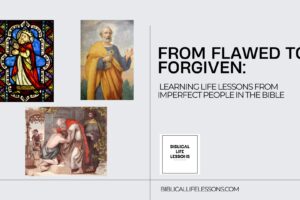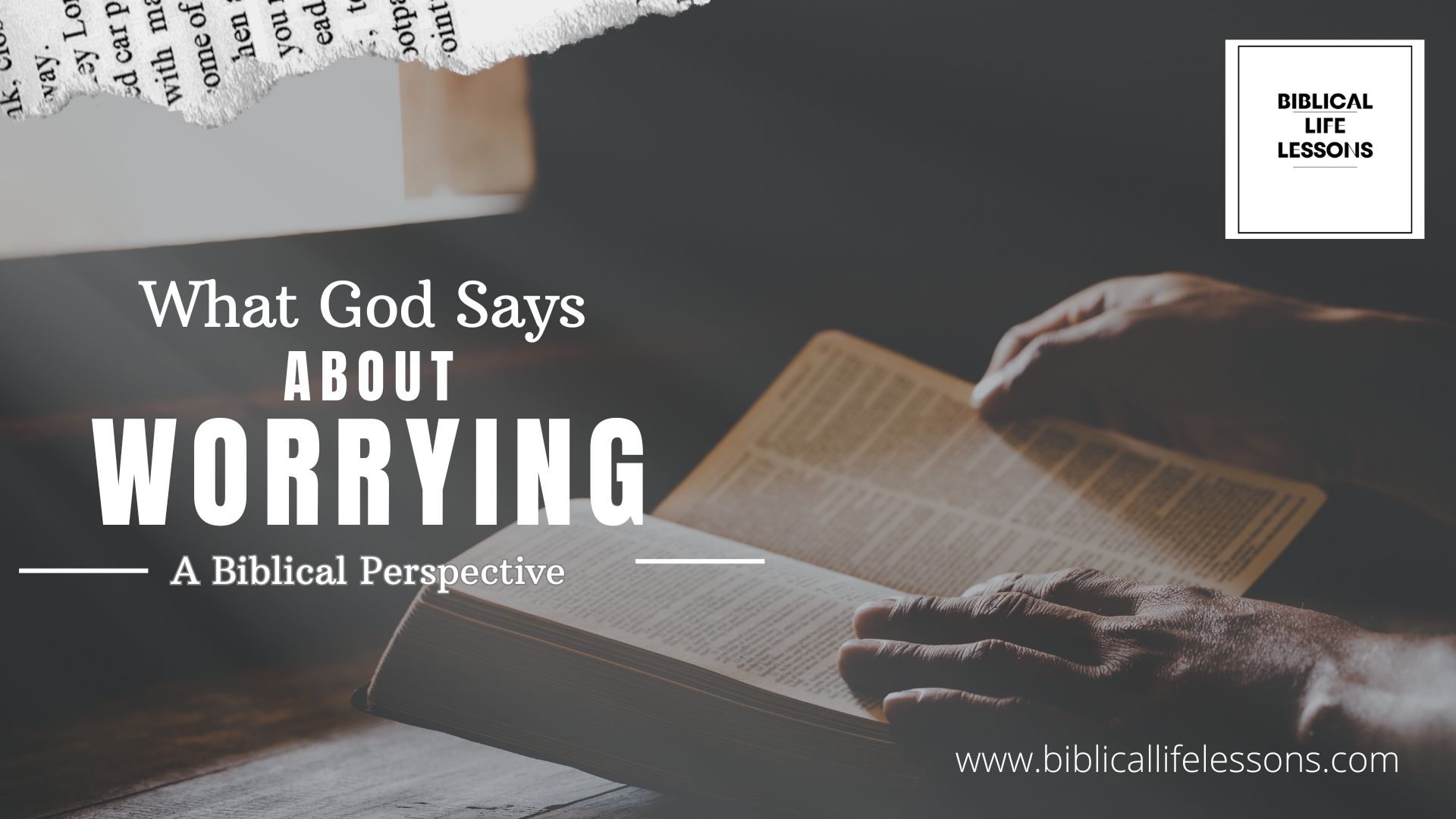The metaphor of the good and bad figs, as depicted in the book of Jeremiah, serves as a powerful symbol of righteousness and rebellion before God. This article explores Jeremiah’s prophetic vision of the figs and the profound spiritual lessons they convey.
Jeremiah’s Prophetic Vision
In a vision, God reveals to Jeremiah two baskets of figs set before the temple of the Lord. This section introduces the prophetic imagery and its significance in conveying God‘s message to His people.
The Good Figs: Symbol of Restoration
The good figs represent the remnant of Judah, those who remained faithful to God amidst the nation’s spiritual decline. This part explores the symbolism of the good figs as a sign of God‘s promise of restoration and blessing for the righteous.
The Bad Figs: Symbol of Judgment
Conversely, the bad figs symbolize the rebellious and unrepentant inhabitants of Judah who rejected God‘s commandments and turned to idolatry. This section delves into the symbolism of the bad figs as a sign of God‘s impending judgment and exile for the rebellious.
Lessons in Righteousness and Rebellion
The metaphor of the figs serves as a poignant reminder of the consequences of righteousness and rebellion before God. This part reflects on the spiritual lessons gleaned from Jeremiah’s vision, urging readers to heed God‘s call to obedience and righteousness.
Hope for Restoration
Despite the judgment pronounced upon the rebellious, God offers hope for restoration and renewal to those who repent and turn back to Him. This section emphasizes God‘s faithfulness to His covenant promises and His desire for reconciliation with His people.
Application to Contemporary Life
The symbolism of the figs holds relevance in contemporary contexts, reminding believers of the importance of fidelity to God‘s commandments and the consequences of straying from His path. This part encourages readers to examine their own lives and embrace God‘s call to righteousness and repentance.
In conclusion, Jeremiah’s vision of the good and bad figs serves as a timeless reminder of God‘s sovereignty, faithfulness, and justice. It challenges believers to align their lives with God‘s purposes, embracing righteousness and shunning rebellion, in anticipation of God‘s ultimate restoration and redemption.











